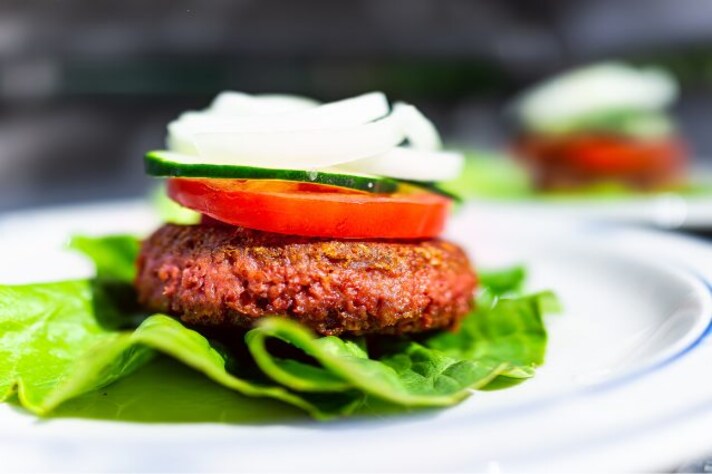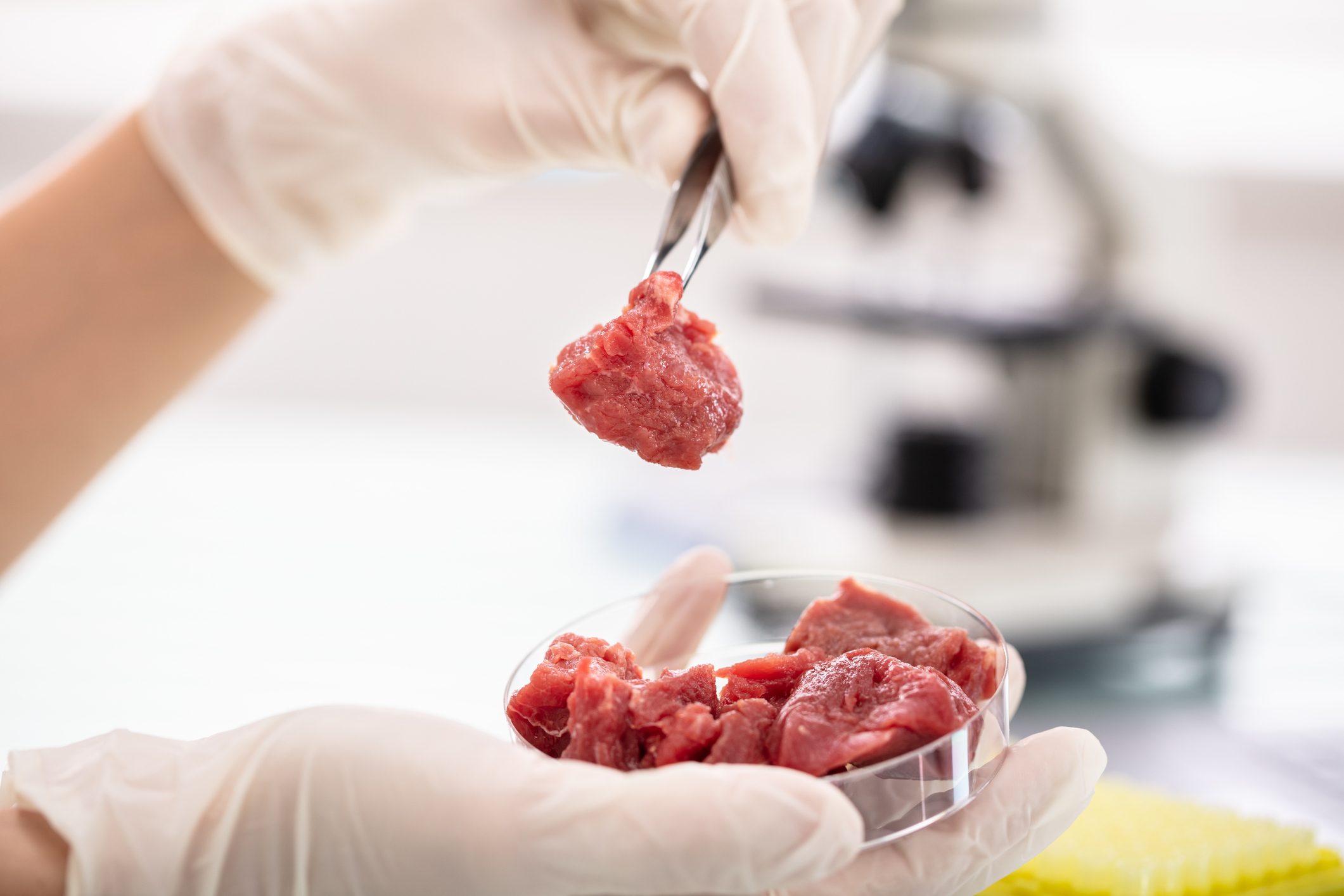Is Vegan Meat a Nutritious Option? Here Are The Pros and Cons
Vegan meat products are gaining popularity as an alternative to traditional meat, but how do they stack up in terms of health? Below, we explore the nutritional benefits of vegan meat, including its lower saturated fat and higher fiber content, and examine potential concerns such as processing, nutrient balance, and sodium levels.

As plant-based diets gain popularity, vegan meat products have become a prominent feature in grocery stores and restaurants. But how healthy are these alternatives compared to traditional meat? Here are the nutritional benefits and potential concerns of vegan meat to help you make informed dietary choices.
Nutritional Benefits of Vegan Meat
Lower in Saturated Fat
Vegan meats are generally lower in saturated fat compared to animal-based meats. Saturated fat, found in red and processed meats, is linked to higher cholesterol levels and increased risk of heart disease. Plant-based meats often use healthier fats, such as those from nuts and seeds, making them a heart-friendly option.
Rich in Fiber
Unlike animal products, vegan meats are typically high in dietary fiber. Fiber aids in digestion, helps maintain a healthy weight, and lowers the risk of chronic diseases such as type 2 diabetes and cardiovascular disease. This added fiber content can be beneficial for overall digestive health.

Reduced Risk of Certain Diseases
A diet rich in plant-based foods, including vegan meat, is associated with a lower risk of several chronic conditions. Studies suggest that vegans may have a reduced risk of differen debilitating diseases, thanks in part to the antioxidants, vitamins, and minerals found in plant-based diets.
Potential Concerns with Vegan Meat
Processed Ingredients
While vegan meat can be healthier than traditional meat, many products are highly processed. They often contain additives, preservatives, and artificial flavors to mimic the taste and texture of meat. High consumption of processed foods, whether vegan or not, can be linked to health issues like weight gain and increased risk of chronic diseases.
Nutrient Balance
Some vegan meats may lack essential nutrients that are abundant in animal products, such as vitamin B12, iron, and omega-3 fatty acids. It's important for those on a vegan diet to seek out fortified products or supplements to ensure they meet their nutritional needs.

Sodium Content
Many vegan meat products can be high in sodium, which is used for flavoring and preservation. Excessive sodium intake is associated with high blood pressure and cardiovascular issues. Checking labels and choosing lower-sodium options can help mitigate this concern.
Tips for Incorporating Vegan Meat into a Balanced Diet
Incorporate a variety of whole plant foods into your diet, such as fruits, vegetables, legumes, and whole grains, alongside vegan meat. This approach ensures you receive a broad spectrum of nutrients and minimizes reliance on processed products. When selecting vegan meat products, pay attention to ingredient lists and nutritional information. Opt for products with minimal additives and lower sodium content to make healthier choices. If you follow a vegan diet, consider supplementing with nutrients that may be lacking, such as vitamin B12, iron, and omega-3 fatty acids. This can help prevent deficiencies and support overall health.
;Resize,width=767;)

;Resize,width=712;)
;Resize,width=712;)
